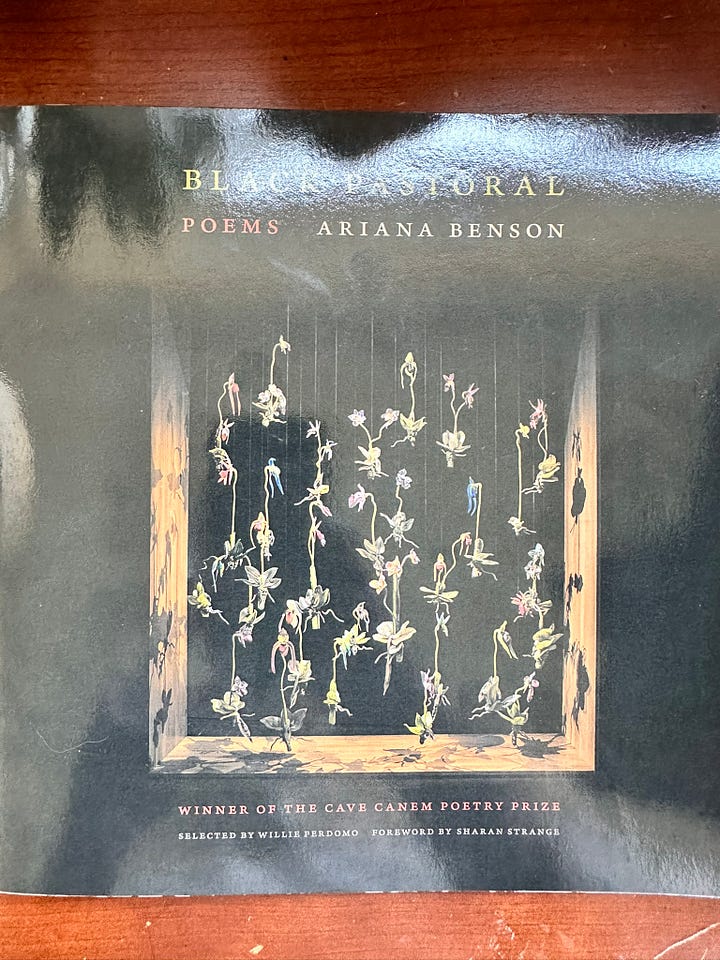
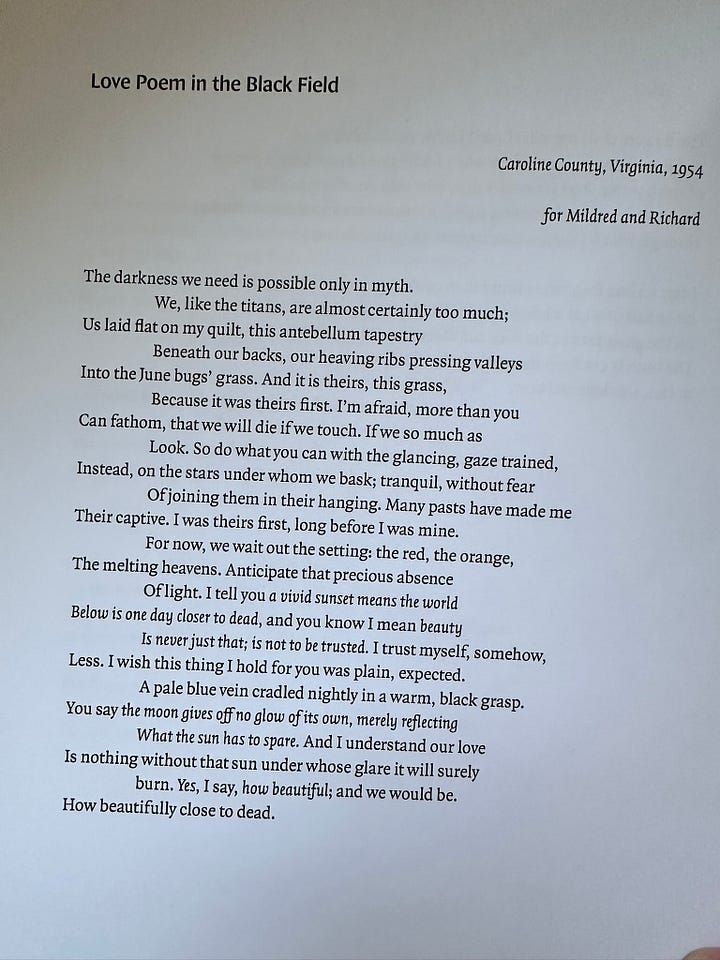
You can purchase "Black Pastoral," by Ariana Benson here.
One of those older contemporary books at this point. In that odd three years old period where some will have forgotten about it in the quieting of its hype, and others eagerly await the next from Benson. Having only recently read through it, time passing from its popularity, I have to insist: it is not a mistake to read this work, to sit deeply and longingly with the poems. They are visceral and evocative, full with the weight of a downpour after a long drought.
Benson’s work pulls in familial grief, ecological grief, and religious thought to discuss the philosophical necessities of a world so loaded with simultaneous suffering and beauty.
This interview with Ariana Benson from Laura Evers speaks more to the ecopoetics of the work:
LE: There’s such a rich relationship between pastoral landscapes and ekphrastic poems. While reading Black Pastoral, I also thought of the cinematic force of Joy Priest’s Horsepower and the stark ecopoetics of Alexis Pauline Gumbs’s M Archive. Can you talk about these traditions and where you see Black Pastoral participating?
AB: I love that you referenced those books, because they were both major inspirations as I was developing my own concepts of Black nature, landscape, and Southernness while writing Black Pastoral. In my experience, “nature” as we categorize it is a place of deeply sensory experience—the sights, sounds, scents, textures . . . these are the elements of the ways we write about nature. So it felt natural to incorporate ekphrasis as part of the conceptual practice for this collection about nature. I also have been told a bit that my work has a “cinematic” quality, which I think stems from the way I synthesize scenic imagery. An image never feels static to me, even a painting or a photograph. I can’t help but imagine all that occurred in a place before it was captured or recreated. Moments, even historical ones, to me are less “preserved in amber” and more playgrounds for memory.







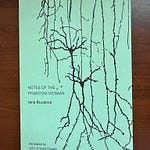
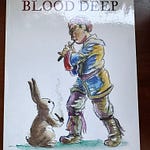

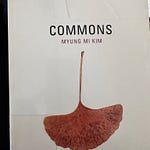
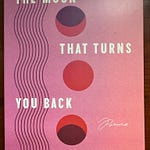
Share this post